Definition Of Open System
Definition of open system. Boiling soup in an open saucepan on a stove the energy and matter are being transferred to the surroundings through steam this is an example of an open system. A physical system that interacts with and accepts input from other systems especially one that obeys conservation laws. In a computing context an open system is an open source operating system typically composed of coordinated modular components from a number of sources and not reliant upon any proprietary elements.
The term was popularized in the early 1980s mainly to describe systems based on Unix especially in contrast to the more. Difference Between Open and Closed Systems Definition. The physical description of an open system can appear to violate conservation laws.
In short open system theory is a way of viewing organisation which is adopted from the biological system is more like a framework to analyse system. The definition however does not elaborate on one important feature of schools deserving special attention. This a fundamental systems science definition.
A physical system that interacts with other systems. All businesses are dynamic systems evolving and. This article does not discuss that meaning.
In science an open system is a system that can freely exchange matter and energy with its surroundings. Open systems are computer systems that provide some combination of interoperability portability and open software standards. They create structures of greater internal energy ie they lower entropy out of the nutrients they absorb.
Organisation as an open system has several attributes or characteristics. American Heritage Dictionary of. In this case open means almost anyone can use the standard without legal or financial concern as opposed to proprietary systems which have legal agreements usually involving mode of use and.
No mass can cross the boundary of the system. Open systems refer to systems that interact with other systems or the outside environment whereas closed systems refer to systems having relatively little interaction with other systems or the outside environment.
A physical system that interacts with and accepts input from other systems especially one that obeys conservation laws.
Difference Between Open and Closed Systems Definition. Most real thermodynamic systems are open systems that exchange heat and work with their environment rather than the closed systems described thus far. Most ecosystems are example of open systems. No mass can cross the boundary of the system. All schools are open systems although the degree of interaction with their environment may vary. Open system definition a region separated from its surroundings by a boundary that admits a transfer of matter or energy across it. In short open system theory is a way of viewing organisation which is adopted from the biological system is more like a framework to analyse system. The definition however does not elaborate on one important feature of schools deserving special attention. An open system is a system or a group of parts creating a whole that interacts with its environment by exchanging energy materials and information with an aim of.
The definition however does not elaborate on one important feature of schools deserving special attention. Open system definition a region separated from its surroundings by a boundary that admits a transfer of matter or energy across it. The term was popularized in the early 1980s mainly to describe systems based on Unix especially in contrast to the more. Most real thermodynamic systems are open systems that exchange heat and work with their environment rather than the closed systems described thus far. This article does not discuss that meaning. In science an open system is a system that can freely exchange matter and energy with its surroundings. In this case open means almost anyone can use the standard without legal or financial concern as opposed to proprietary systems which have legal agreements usually involving mode of use and.



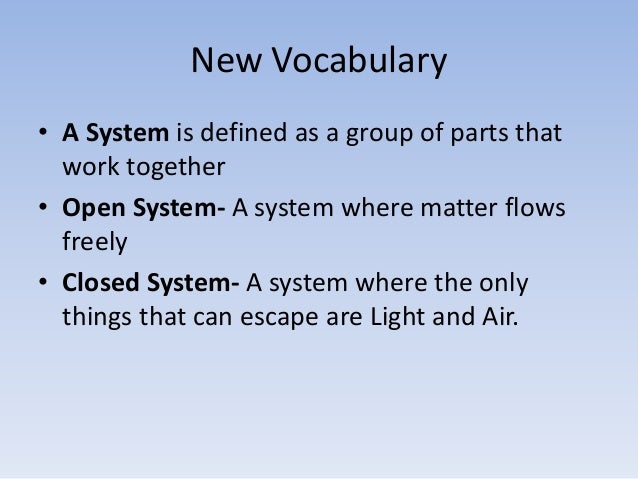



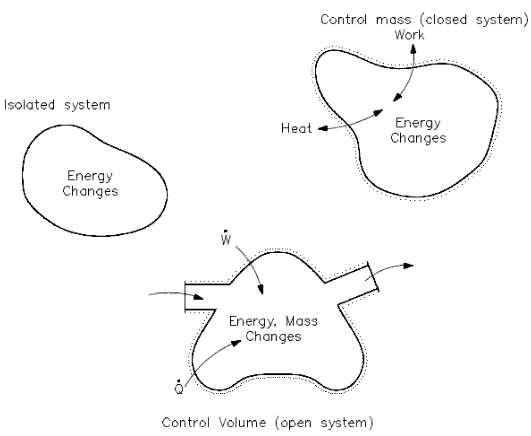
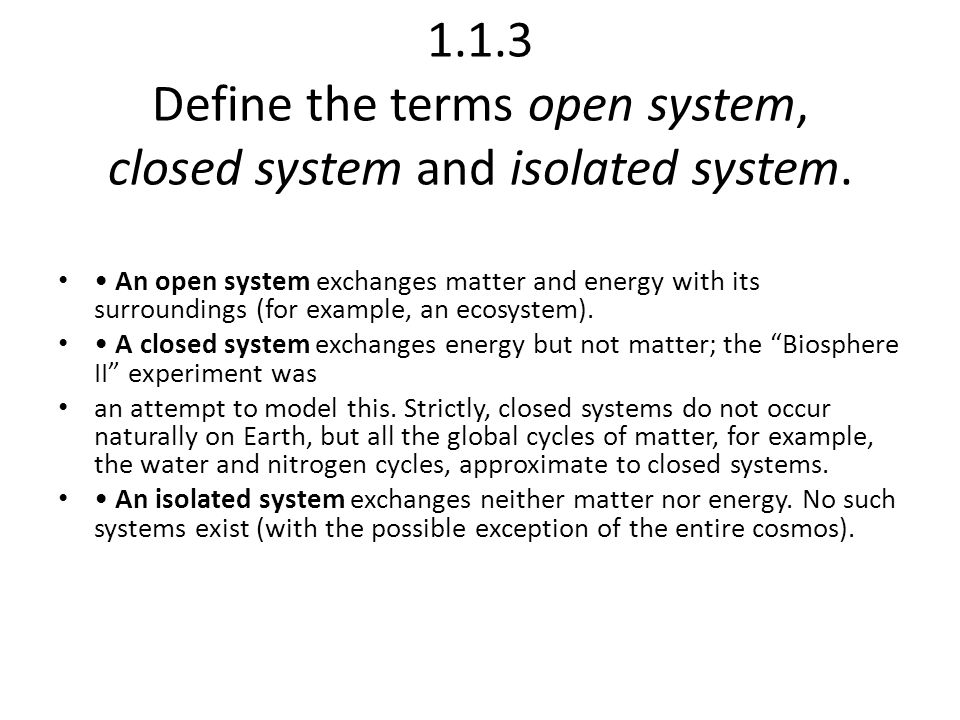

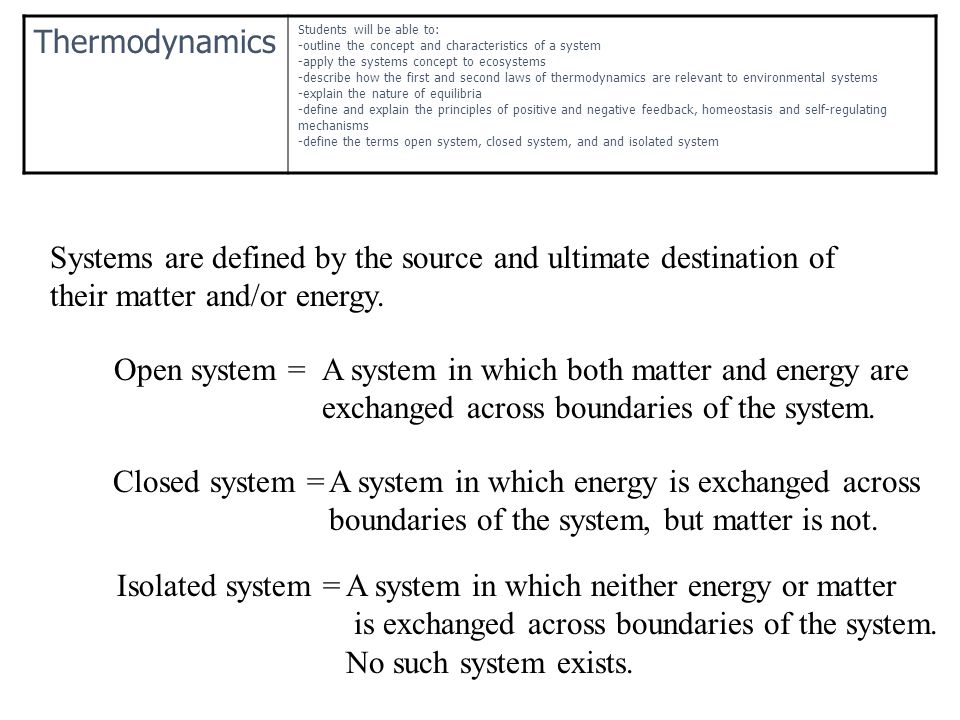




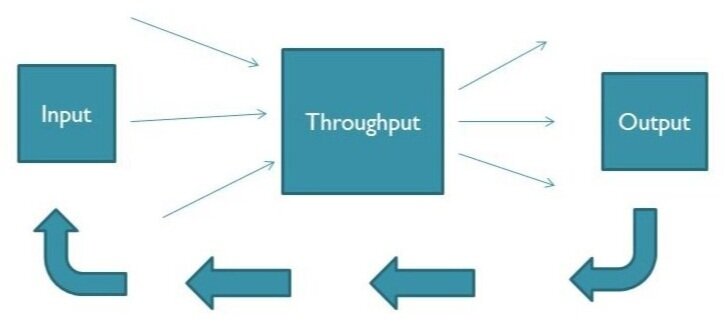

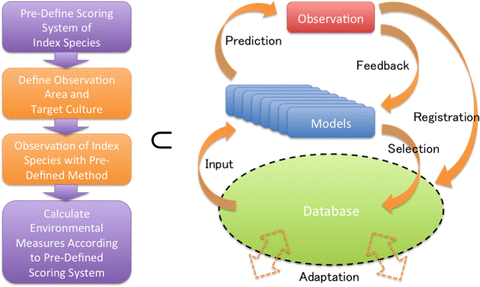
:max_bytes(150000):strip_icc()/GettyImages-559309919-565c84035f9b5835e4753198.jpg)
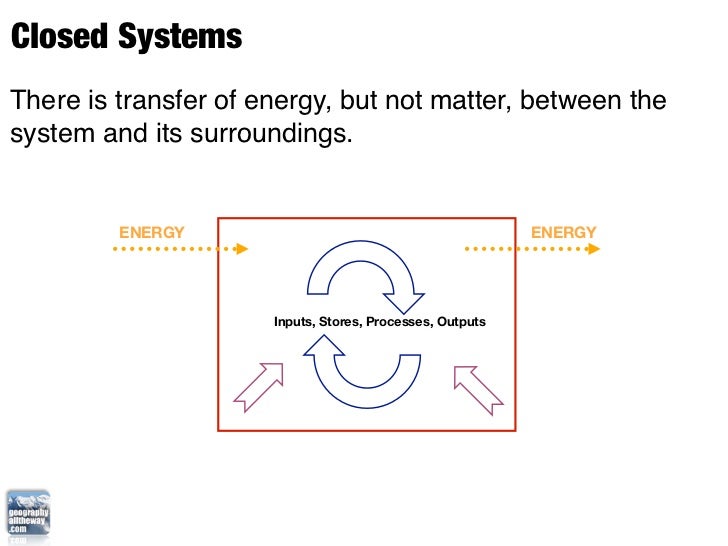

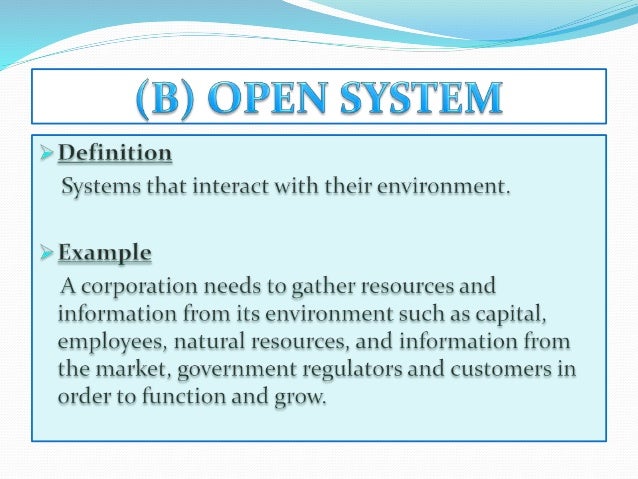


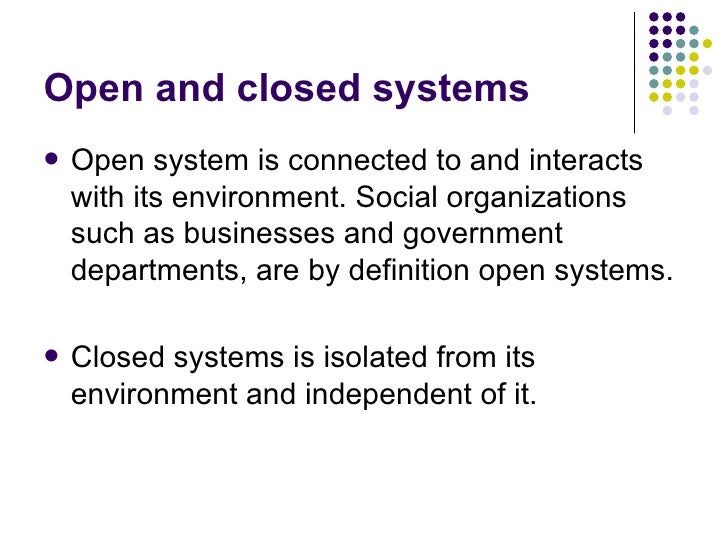

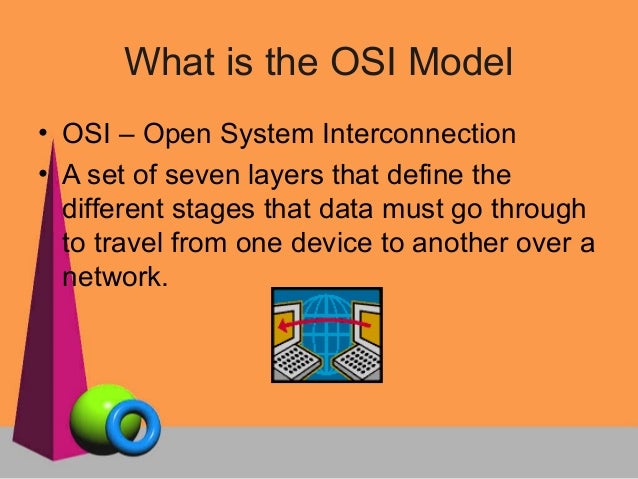









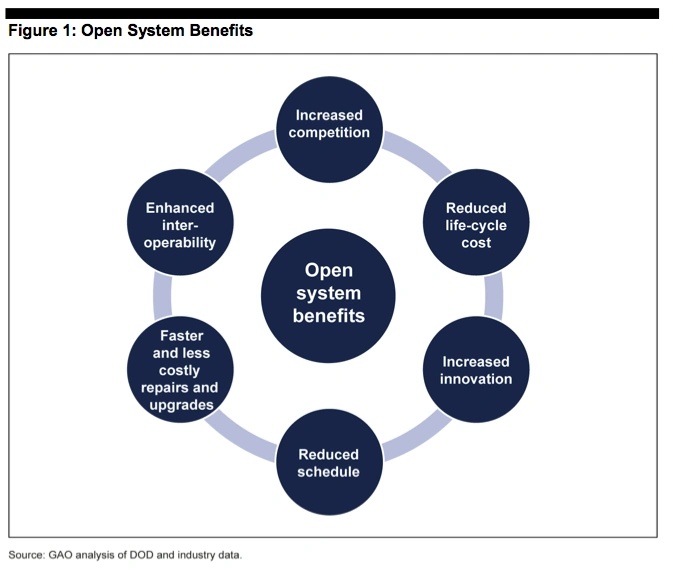


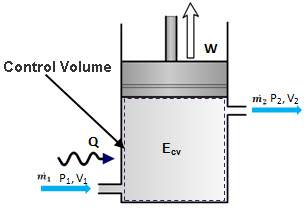

Post a Comment for "Definition Of Open System"